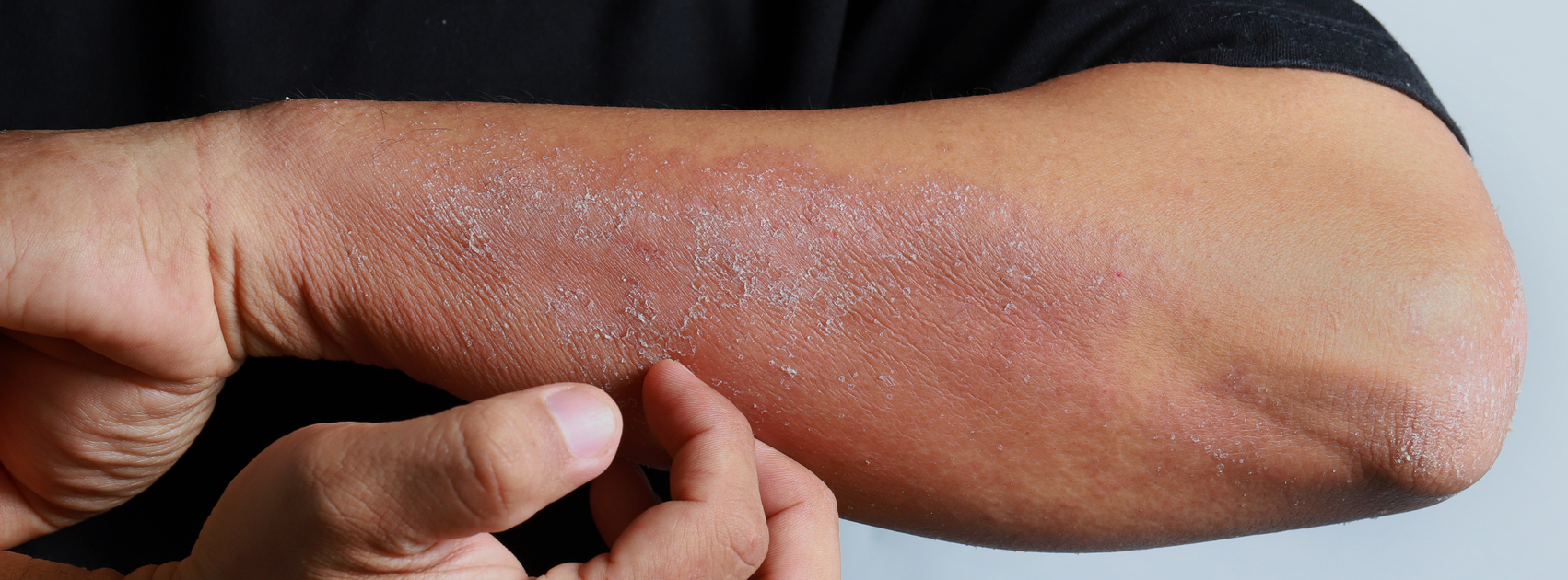
Eczema is a common skin condition that can wreak havoc on your skin. The tell-tale signs of eczema may include skin that is dry and sensitive, red and inflamed, and significantly itchy. Dark patches may also appear on the skin, as well as scaly patches, flaky areas, or areas with swelling. At the most basic level, eczema breaks down the protective barrier your skin provides from harmful bacteria and irritants, leaving your skin itchy and dry.
In colder weather, you may find that your eczema gets worse. This is due to a combination of cold, dry air and indoor heating systems. All those layers of sweaters and blankets, as well as frequent scalding hot showers, can also contribute to drying out your skin! Due to the extra dry conditions of winter, the skin may not be able to stay moist on its own, which can lead to eczema flare-ups.
Want to know how to prevent eczema flare-ups? Check out our tips below:
Your new shower routine
- Take warm showers, not hot showers
- Make moisturizing products part of your shower routine (oatmeal-based products are great for this!)
- Pat yourself dry with a towel; don’t rub your skin
- Avoid soaps and body washes with fragrances and dyes
- Moisturize immediately after every shower. Be sure to look for thick creams, as lotions may not be as effective in the winter.
Around the house
- Use natural laundry detergents that are formulated for sensitive skin
- Remove any unused blankets or layers on your bed to decrease potential allergens
- Use a humidifier to replace some of the lost moisture in the air
Every day
- Dress in breathable fabrics, such as cotton
- Avoid fleece and synthetic fabrics like nylon and polyester
- Use sunscreen, even in winter
- Drink plenty of water!
If you’re experiencing a winter eczema flare-up and want to learn more, or schedule an appointment, call our office at (317) 732-8980.
Disclaimer: This blog provides general information and discussion about medical, cosmetic, mohs, and surgical dermatology. The words and other content provided in this blog, and in any linked materials, are not intended and should not be construed as medical advice. If the reader or any other person has a medical concern, he or she should consult with an appropriately licensed dermatologist or other healthcare worker.